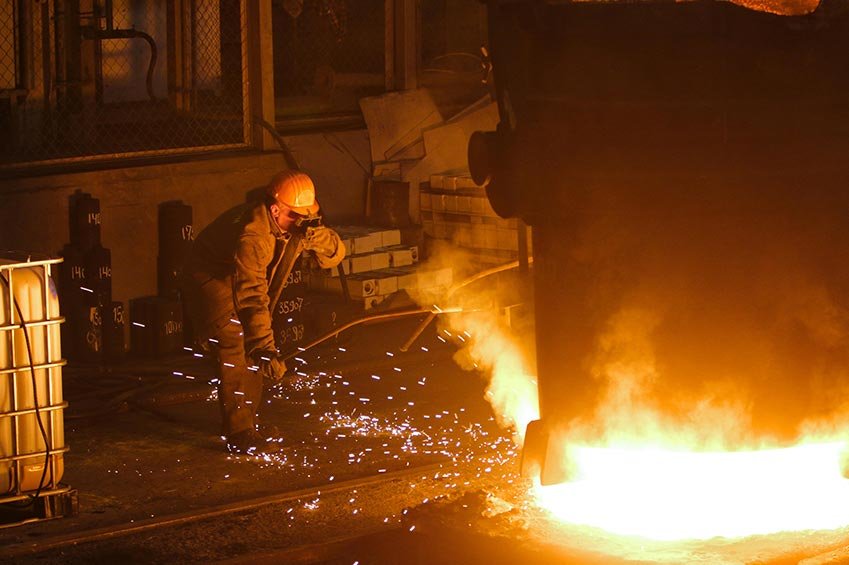In a burgeoning political fracas that’s rapidly gaining momentum, there’s a growing bipartisan wave of disapproval swelling against the audacious $14.1 billion gambit by Japan’s premier steel giant to snatch up the reins of US Steel. Despite the palpable dissent, pundits are pondering whether this collective resistance possesses the potency to genuinely stymie the imminent acquisition.
The GOP Barricade: Resolute Opposition Takes Center Stage A phalanx of Republican heavyweights, spearheaded by the likes of JD Vance, Josh Hawley, and Marco Rubio, is orchestrating a concerted charge, beseeching Treasury Secretary Janet Yellen to intervene on the premise of national security. Their stance is lucid: they contend that the acquisition diverges markedly from the core interests of US national security, thereby unfurling a potential menace to the bedrock of the nation’s industrial edifice.
A Clarion Call for Regulatory Scrutiny These senators are pushing not merely for a cursory glance but a meticulous examination by the Committee on Foreign Investment in the United States (CFIUS), chaired by Yellen herself. CFIUS, a bastion fortified by representatives from Defense, State, Homeland Security, and Justice, wields formidable authority in scrutinizing foreign investments that could implicate national security. Vance, Hawley, and Rubio vehemently insist on an autonomous review, particularly in light of competing bids emanating from American corporate entities.
Fortifying the Bastions of Domestic Steel Emphasizing the paramount significance of domestic steel production for national security, these legislators hark back to historical endeavors by both Republican and Democratic administrations to bolster the steel industry. Vance, hailing from the heartland of Ohio, Hawley representing Missouri, and Rubio from the southeastern bastion of Florida, stress the pressing need to forestall foreign entities from wresting control of American firms and exploiting trade safeguards meticulously crafted for domestic enterprises.
The Spotlight Swivels to Nippon Steel The senators harbor reservations aplenty regarding Nippon Steel, the would-be acquirer, pointing fingers at its lack of deep-rooted connections in the United States and an ostensibly questionable track record. Citing historical transgressions, such as the illicit dumping of steel products on American soil, they vociferously argue against green-lighting a foreign corporation to snatch up a major American steel manufacturer without according due consideration to the apprehensions of unionized workers.
A Plea for a Homegrown Panacea Senator Brown proffers an alternative perspective: if US Steel must inevitably change hands, it should find solace in the sanctuary of Cleveland Cliffs, an Ohio-based entity fortified by the bulwark of the United Steelworkers union. Meanwhile, Senator Joe Manchin, a West Virginia Democrat, denounces the prospect of ceding ground to a foreign adversary, viewing it as an imminent peril to national security amidst the escalating specter of global competition and perceived inequities in trade practices.
Democrats Join the Melee Senators Fetterman of Pennsylvania, flying the Democratic banner, and Manchin, in bipartisan tandem, vent their ire at the envisaged foreign takeover. They underscore the pivotal role of steel not only in national security but also in the broader economic tapestry. Echoing these sentiments, the United Steelworkers union takes a swipe at US Steel, accusing the corporate behemoth of prioritizing foreign ownership over the well-being of its steadfast workforce.
As the lines of contention are etched ever deeper, the destiny of US Steel teeters precariously on the precipice, ensnared in the crossfire of political machinations, national security consternations, and the intricacies of the global trade minuet. The stage is undeniably set for a high-stakes showdown, with the resonances of industry, politics, and the livelihoods of toiling masses echoing through the hallowed corridors of power.


